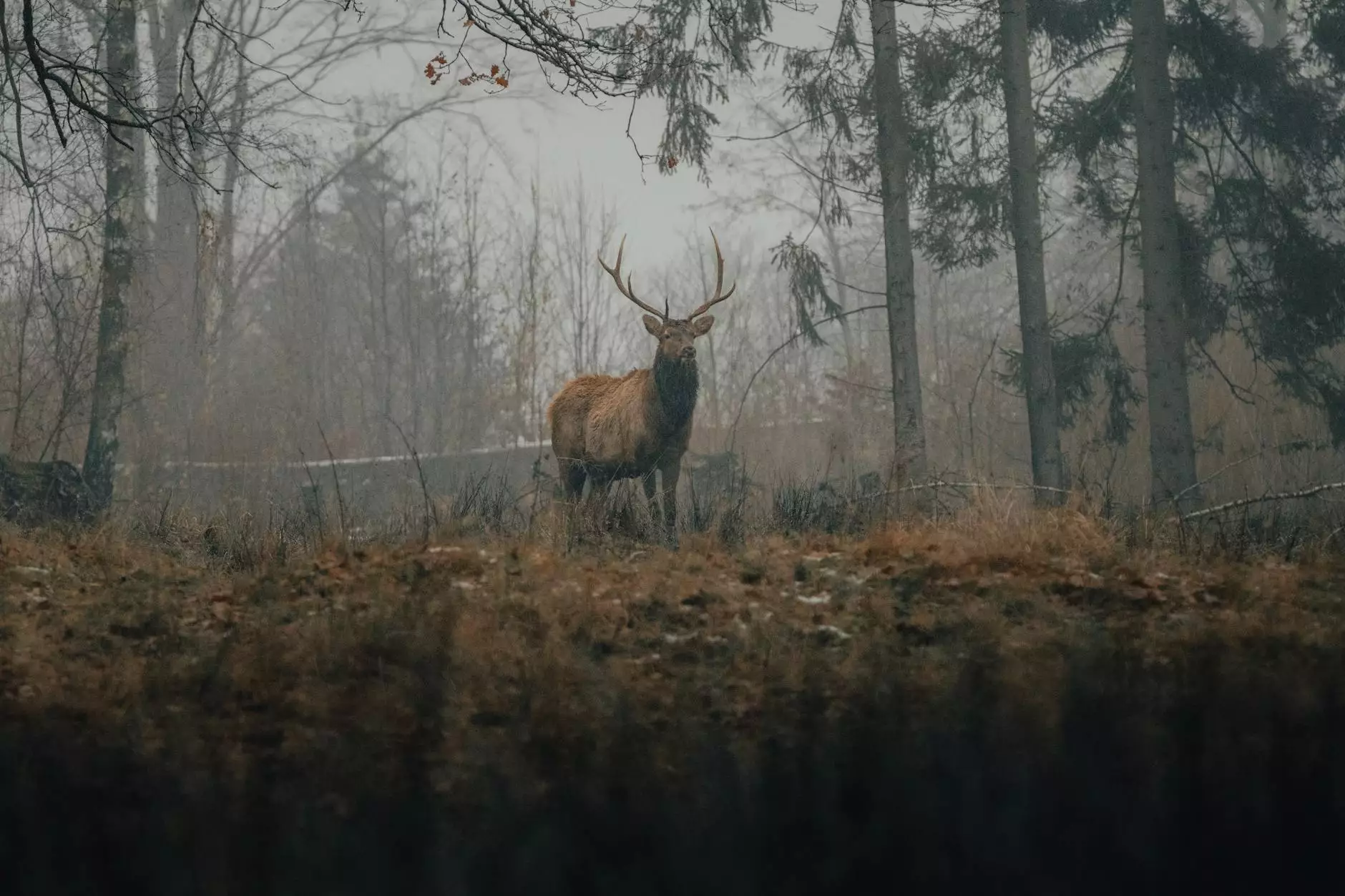Positively batty: Why bats are so important to ecosystems
Articles
The Fascinating World of Bats
Welcome to Marjorie Cowley, your ultimate resource for all things arts, entertainment, books, and literature. In this article, we delve into the intriguing world of bats and explore why they are so crucial to ecosystems.
1. Bats as Pollinators
Bats are often associated with darkness, but did you know they play a vital role as pollinators? While bees are well-known pollinators, bats also contribute significantly to pollination. They are known as the "night shift" pollinators as many of their activities occur during the night.
Bats help in the pollination of various plants, including critical agricultural crops like bananas, mangoes, and agave. Their long tongues and unique ability to hover allow them to access nectar deep within flowers, ensuring the transfer of pollen from one plant to another. Without bats, many of these plants would struggle to reproduce and thrive, impacting not only the ecosystem but also our food production.
2. Pest Control and Natural Insect Repellent
Bats are nature's own pest control experts. A single bat can consume thousands of insects, including mosquitos and agricultural pests, in a single night. Their voracious appetite for insects helps naturally regulate insect populations, reducing the need for harmful pesticides that can harm the environment and human health.
By patrolling the night skies, bats keep mosquito populations in check, decreasing the transmission of diseases such as malaria and dengue fever. Their ecological importance in controlling insect pests cannot be overstated, making them valuable allies to farmers and gardeners looking for sustainable pest management solutions.
3. Seed Dispersers
Another remarkable role bats play in ecosystems is that of seed dispersers. As they navigate through the night, bats feed on fruits and disperse seeds through their droppings. This process helps facilitate forest regeneration by ensuring the dispersal of seeds over large distances.
Through their droppings, bats contribute to the enrichment and diversification of plant species, playing a critical role in maintaining healthy ecosystems. Without bats, certain plants would struggle to reproduce and expand their habitats, leading to a loss of biodiversity and potential imbalances in natural communities.
4. Unique and Diverse Species
Bats are incredibly diverse, comprising over 1,400 species worldwide. Their adaptations to various habitats and feeding strategies make them unique and fascinating creatures to study. From the small bumblebee bat, the world's smallest mammal, to the large and imposing flying foxes, bats come in all shapes and sizes.
Exploring the world of bats opens up a window into the complexity of ecosystems and the interconnectedness of different species. Understanding and appreciating the diversity of bats helps us appreciate the intricacies of nature and the importance of preserving their habitats.
5. Conservation and Habitat Preservation
Unfortunately, bats face numerous threats, including habitat loss, climate change, and widespread misunderstandings about their behavior. By raising awareness about the critical role bats play in ecosystems, we can encourage conservation efforts and promote habitat preservation.
Conserving bat populations ensures the ecological balance of ecosystems and safeguards the services they provide, such as pollination and pest control. Through education and advocacy, we can help dispel myths surrounding bats and encourage responsible practices to protect their habitats.
Conclusion
Bats are undoubtedly important and deserving of our appreciation. By recognizing their ecological significance, we can continue to promote their conservation and preserve the delicate balance of our ecosystems.
Visit Marjorie Cowley, your go-to destination for arts, entertainment, books, and literature, to further explore the wonder and importance of bats and discover fascinating reads that delve into the captivating world of these unique creatures.



